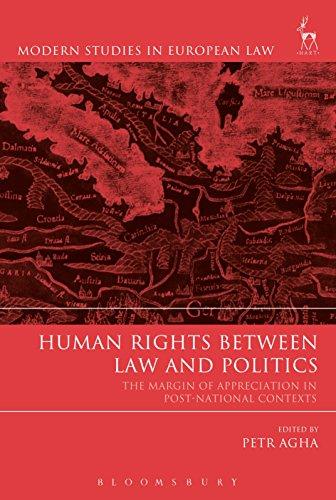Question
1.A defendant may be relieved of liability by showing that a criminal act was necessary to prevent an even greater harm. TrueFalse 2.Perpetrator is the
1.A defendant may be relieved of liability by showing that a criminal act was necessary to prevent an even greater harm.
TrueFalse
2.Perpetrator is the term for a person who commits a tort.
TrueFalse
3.Legal systems around the globe are generally divided into only common law and civil law systems.
TrueFalse
4.Torts are offenses against society as a whole.
TrueFalse
5.A house cannot be robbed.
TrueFalse
6.A unilateral contract is a promise for an act.
TrueFalse
7.An acceptance subject to new conditions implicitly rejects the offer.
TrueFalse
8.A contract is void if one of the party's was intoxicated at the time of its formation.
TrueFalse
9.The purpose of the doctrine of election of remedies is to permit a double recovery.
TrueFalse
10.A party who knowingly accepts defective performance of a contract waves the breach.
TrueFalse
11.There is one set of procedural rules for federal courts and various sets for state courts.
TrueFalse
12.A default judgment is entered against a party who fails to respond to the allegations in a complaint.
TrueFalse
13.A summary judgment is granted only if there is no genuine question of law.
TrueFalse
14.A court's scope of review on the appeal of an arbitrator's award may be restricted.
TrueFalse
15.An S corporation is treated the same as a regular corporation for tax purposes.
TrueFalse
16.Directors are entitled to use confidential corporate information for their personal advantage.
TrueFalse
17.The law establishes limits to liability for negligence through the concept of proximate cause.
TrueFalse
18.The purpose of tort law is to punish criminal wrong doers.
TrueFalse
19.Only the manufacturer of a defective product can be strictly liable for an injury or damage caused by the product.
TrueFalse
20.The types of product defects that have been traditionally recognized in product liability law include design defects.
TrueFalse
21.The burden of proof required in a criminal case is "preponderance of the evidence."
TrueFalse
22.Employers are prohibited from electronically monitoring their employees.
TrueFalse
23.Under the exclusionary rule, all evidence must be included in a criminal prosecution.
TrueFalse
24.All powers not specifically delegated to the federal government are reserved to the states.
TrueFalse
25.Preemption is a doctrine under which a state law takes precedence over a conflicting federal law.
TrueFalse
Step by Step Solution
There are 3 Steps involved in it
Step: 1

Get Instant Access to Expert-Tailored Solutions
See step-by-step solutions with expert insights and AI powered tools for academic success
Step: 2

Step: 3

Ace Your Homework with AI
Get the answers you need in no time with our AI-driven, step-by-step assistance
Get Started


